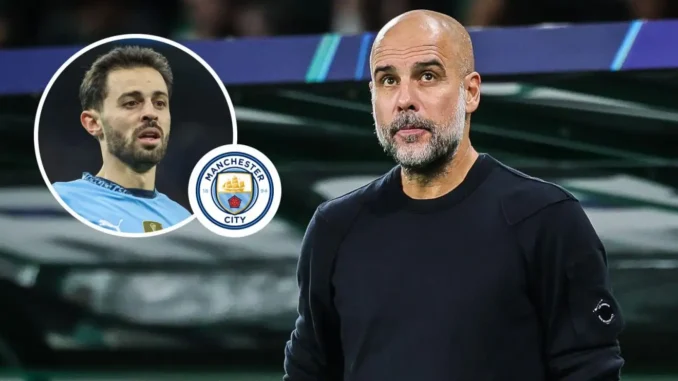
Manchester City have recently faced a pointed reminder that they may have overlooked an ideal defensive reinforcement this summer, and at the same time, pressure is mounting for them to reassess the standing of one of their long-serving midfield mainstays.
Amid a period of wide-ranging squad overhaul, a former Premier League striker publicly voiced surprise that City did not pursue one of Arsenal’s newly acquired center-backs—seeing the signing as a natural solution to the defensive sluggishness that has lately crept into their game. Though John Stones and Ruben Dias have delivered years of stellar performances, their pace and assertiveness now appear slightly diminished. Given this perceived decline, the ex-striker argued that the Arsenal defender in question could have provided much-needed freshness and a sharper defensive edge.
This criticism arrives at a critical time for City, whose summer transfer window has been marked by both ambitious spending and fundamental reshaping of the squad. Multiple additions across the pitch signal manager Pep Guardiola’s intention to inject new energy, youth, and versatility into a team that has dominated domestic competition for years but may now require sharpening in certain areas—especially at the back.
But the call for reinforcement didn’t stop at the backline. The same pundit also pressed the club to make a bold decision regarding the future of another of their influential figures: Bernardo Silva. With other stalwarts such as Ilkay Gündoğan and Ederson leaving in recent windows—or soon to depart—Silva’s situation presents a crucial moment in Manchester City’s evolution. The argument followed that the squad’s core must be rethought, and the midfielder’s tenure should perhaps be brought to a close to make way for a new generation in the spine of the team.
These observations strike at the heart of two persistent concerns among City fans. First, if stones at the heart of defense have indeed lost a step, it becomes imperative for the club to invest in defenders who bring not only technical ability but also the physical sharpness required in high-intensity modern top-flight football. And second, City must manage the delicate balance between honoring treasured contributors like Silva and making room for strategic renewal as the team enters its next chapter.
Guardiola and the City board now face a strategic crossroads. They must continue to be shrewd in the transfer market—pursuing defensive profiles that can restore composure and movement—and simultaneously consider whether keeping all veteran performers aligns with their longer-term vision. Loyal servants have formed the backbone of the last decade’s success, but fresh structure and agility may be the key to maintaining their edge.
Supporters will be watching future transfer windows closely—not merely to see which new names arrive, but also to observe how clearly and decisively City manages departures. The manner in which the club navigates both recruitment and release will signal the clarity of its renewal plan, and determine whether it can stay atop the thrilling, unforgiving summit of elite football.
Leave a Reply